Distinguishing Characteristics and Applications of Oil-based and Water-based Hydraulic Presses
In this article, I will explore the key differences and uses of oil and water hydraulic presses. Understanding these distinctions is crucial for anyone involved in manufacturing or industrial applications. Whether you are deciding on which type of hydraulic press to invest in or seeking to optimize your existing setup, understanding the strengths and limitations of each can substantially affect your operations. Join me as we delve into the unique features and applications of oil vs water hydraulic press diDifferences & uses, ensuring you make informed decisions for your specific needs.
Hydraulic press is an advanced hydraulic machine that uses liquid as the working medium to transmit power to achieve various processes, its working medium can be divided into oil and water, and there are two kinds of oil hydraulic press and water hydraulic press. The choice of oil hydraulic press and water hydraulic press is based on the needs on the machine tool, as a kind of hydraulic press their main role is forging forming, and the requirements of the machine are different according to the process needs. The hydraulic press is merely a machine utilizing hydraulic oil as its working medium; however, many market participants The misconception that they are completely identical, in reality, there are significant differences between them.
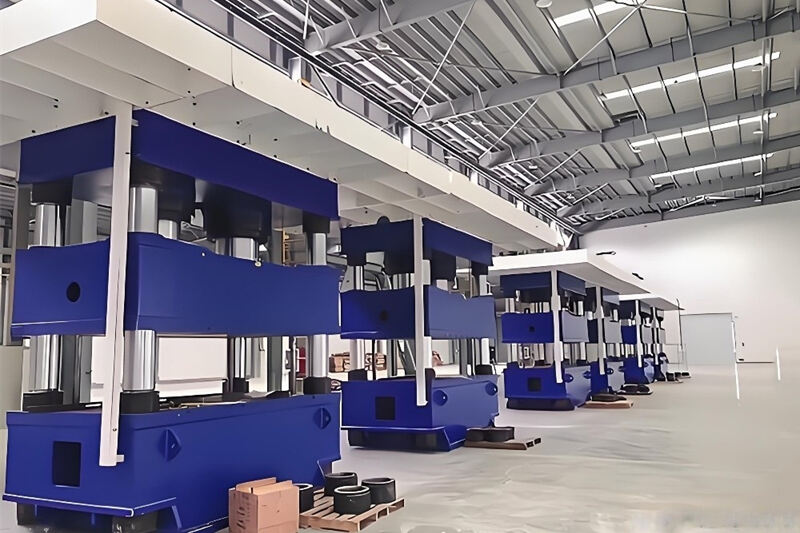
Scope of Application
Water hydraulic press: the working stroke is large, and the maximum working force can be applied to the workpiece in the whole stroke, which can forge through large section forgings more effectively, without huge impact and noise, with better labor conditions and less environmental pollution. It is mainly used in various processes of free forging of metal materials, such as upsetting, punching, horse bar reaming, misshifting, rough turning, cutting, bending, drawing length, etc.
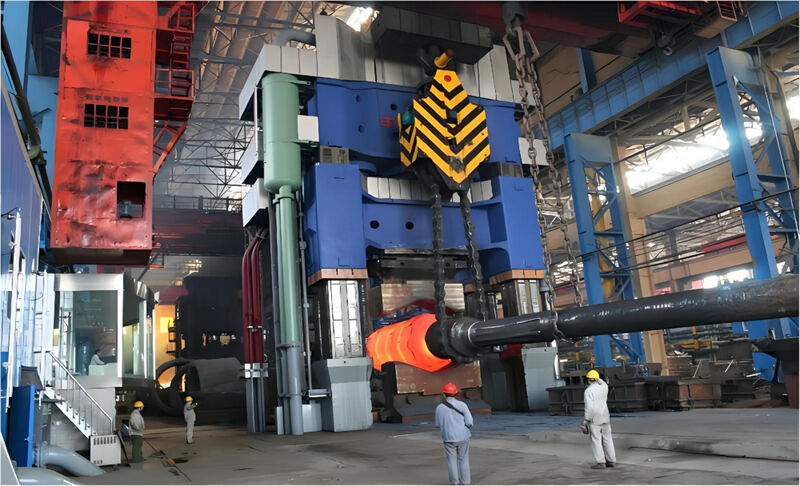
The single column hydraulic press is exceptionally versatile, making it ideal for a wide range of processing operations, thereby reducing the need for multiple machines and associated costs. It is suitable for press fitting, correction, and riveting of parts, accessories, small motors, and hardware products. Additionally, it can be utilized for plastic molding, material dropping, stretching, embossing of products and nameplates, as well as pressing plastic powder products.
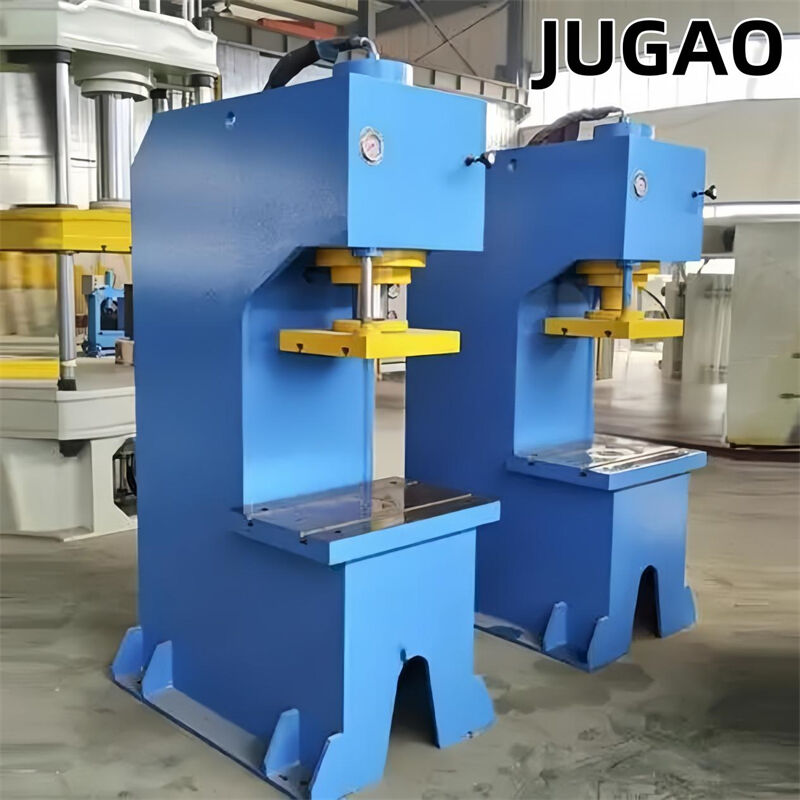
Four-column hydraulic press: aluminum products, die-casting products, magnesium alloy products, hardware products, plastic products whole cutting, burr punching and cutting, powder products pressing, plastic products press installation and other multi-purpose; automotive industry motorcycle industry motor industry customers’ favorite entrepreneurial partner.
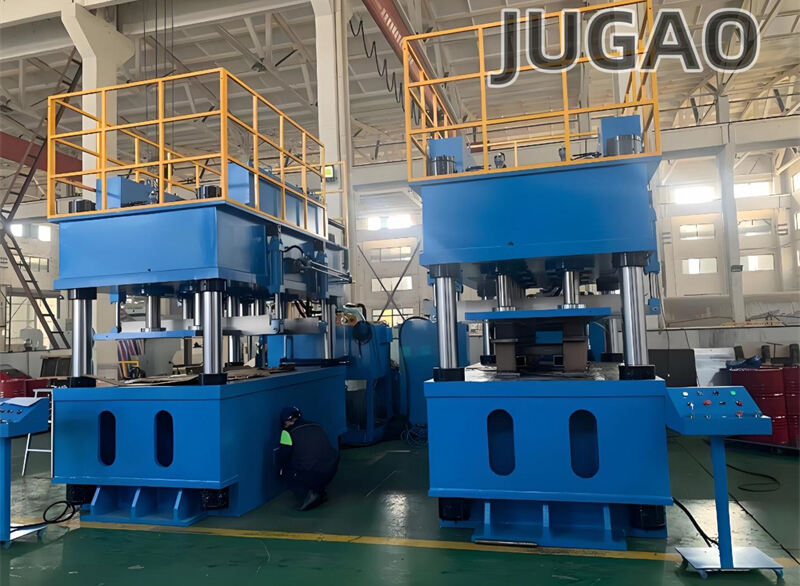
Difference and Comparison
1. Oil hydraulic presses, particularly servo hydraulic presses, utilize oil as a working medium and are widely recognized for their efficiency, precision, and automation capabilities across various industries. Water hydraulic press uses water with additives.
2. The sealing effect of oil hydraulic presses is superior due to the optimal viscosity and sealing properties of hydraulic oil, which contrasts with water's negligible viscosity, making oil the more suitable medium for hydraulic systems.
3. Oil itself has lubricating effect, and it can play a good lubricating effect on the moving parts inside the hydraulic system.
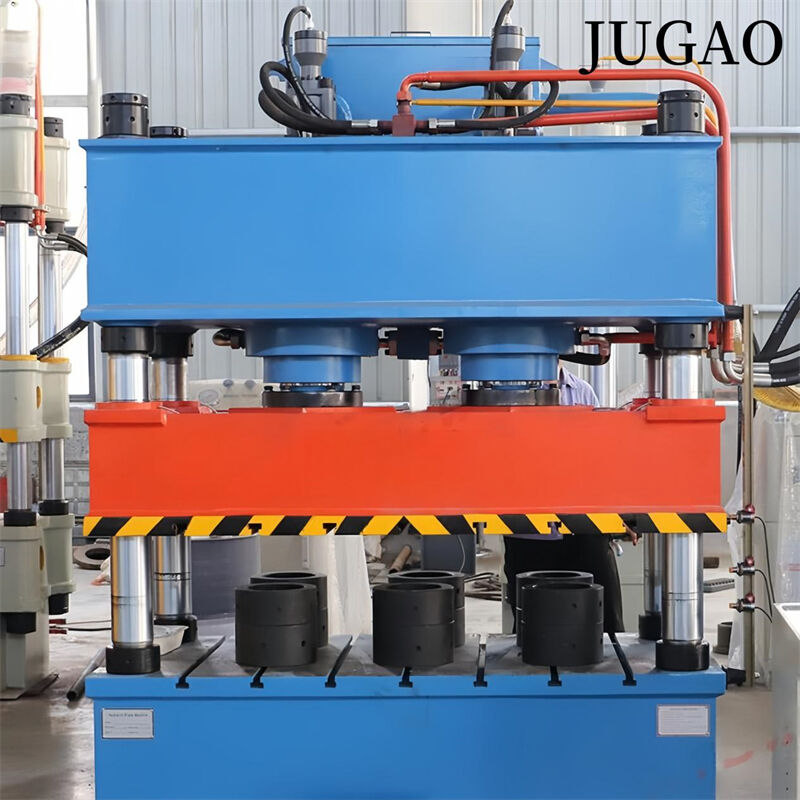
4. Because the oil is well sealed, it prevents the soaked parts from rusting. Soaking the parts in water accelerates rusting, as water serves as a reactant in the rusting process.
5. While oil prevents internal parts from rusting, it does possess certain disadvantages. Hydraulic systems being prone to leaks, the spilled oil contaminates the environment, unlike water. Moreover, oil's flammability poses a potential danger. Therefore, it is crucial to maintain the hydraulic system thoroughly when operating the hydraulic press to prevent oil leakage.
5. Additionally, the higher price of oil compared to water increases the overall cost slightly.
6. Water hydraulic presses are typically employed in high-power hydraulic systems, for instance, those capable of exerting 10,000 tons of force. These systems necessitate a substantial amount of working medium, thus necessitating careful consideration of its cost.
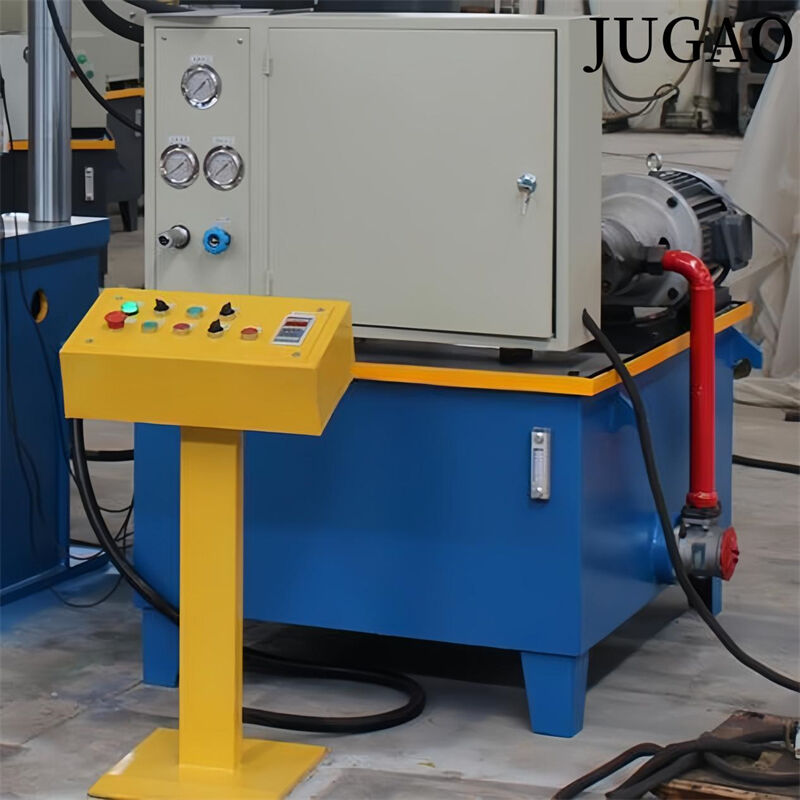
Conclusion
Hydraulic presses encompass various types of oil-based hydraulic presses due to their respective working mediums, forming a relationship of inclusion and being included. In fact, oil hydraulic presses are widely utilized in market applications today, and are commonly referred to as hydraulic presses. Hydraulic oil boasts a smaller compression ratio compared to water, coupled with high working accuracy, ensuring its stability. The presses used in the market nowadays are basically oil hydraulic presses, which are usually referred to as hydraulic presses.
Oil hydraulic presses convert mechanical energy into power through the operation of the hydraulic system, with hydraulic oil playing a crucial role. Depending on process needs, different models of machines are chosen., the promotion of the use of hydraulic press has made outstanding contributions to the development of China’s machinery manufacturing industry.
With the rapid growth of China's economy, the machinery manufacturing industry has experienced a leap in development. Historically, Chinese society lagged significantly behind Western societies, but since the reform and opening-up policy, China has actively engaged in learning and economic development. Today, the overall size of the manufacturing industry has not only caught up but has also entered the ranks of international production powers, with Chinese companies such as XCMG, Sany Heavy Industry, and Zoomlion leading the global market., following the continuous exploration and innovation of China’s machinery industry, hydraulic presses at present the overall competition and development momentum has been basically close to the level of manufacturing in developed countries.
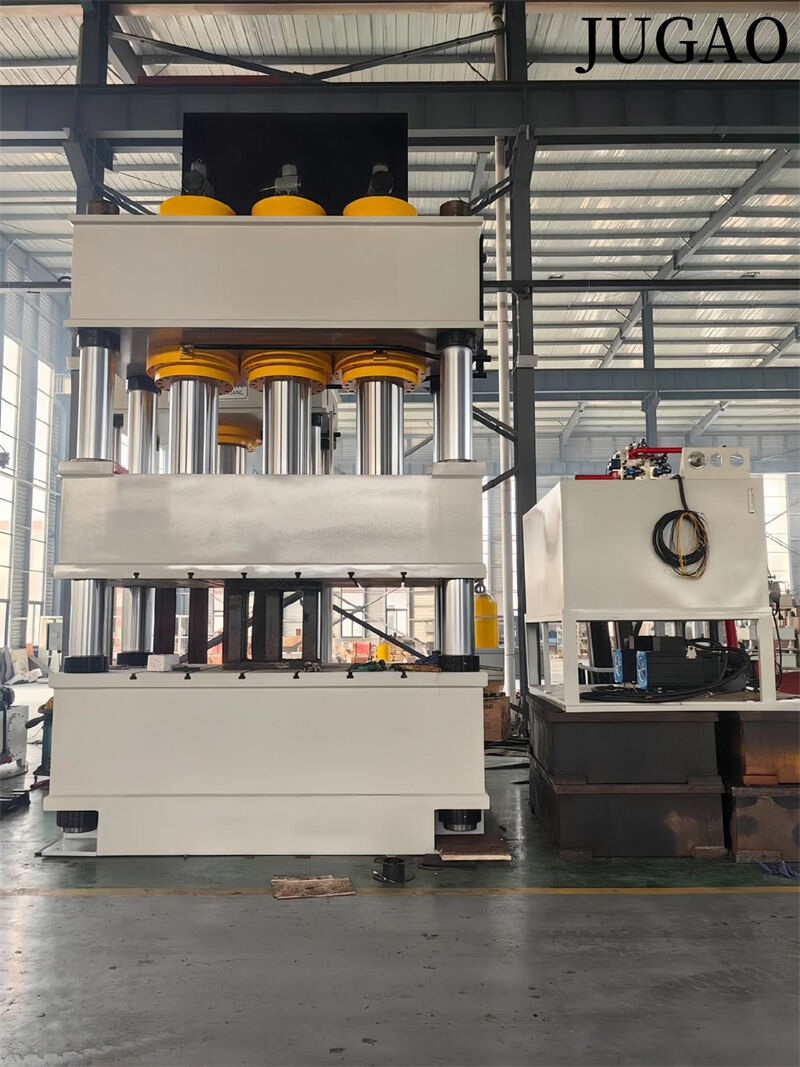
About Gary Olson
As a dedicated author and editor for JUGAO CNC, I specialize in delivering insightful and practical content tailored to the metalworking industry. With years of experience in technical writing, I focus on providing in-depth articles and tutorials that help manufacturers, engineers, and professionals stay informed about the latest innovations in sheet metal processing, including CNC press brakes, hydraulic presses, shearing machines, and more.


















































